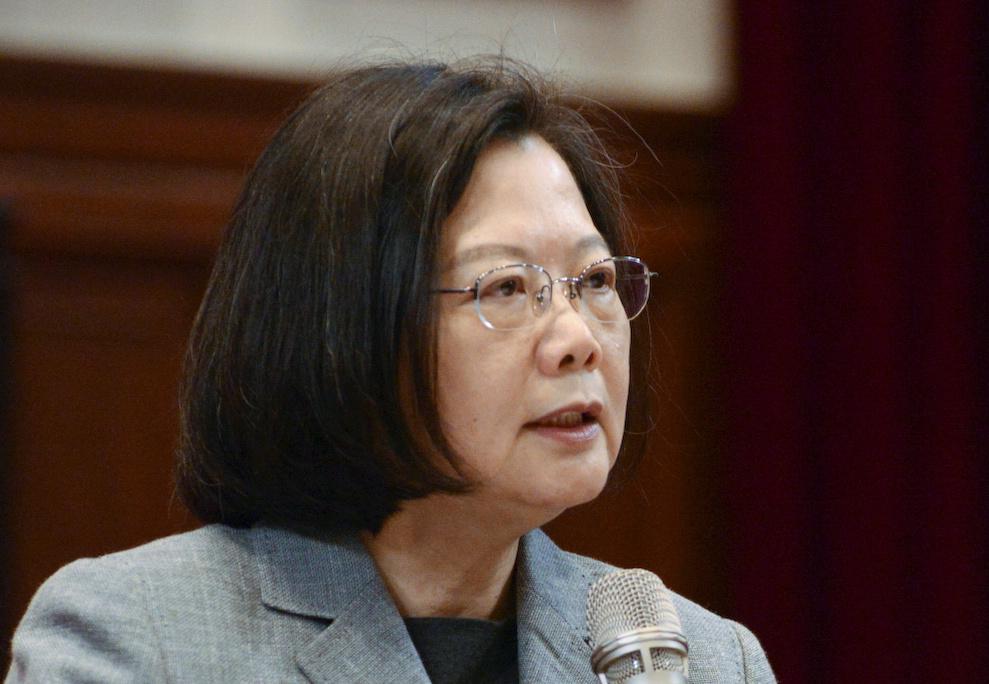Taiwan President Tsai Ing-wen called on the international community to defend democratic values by supporting the self-ruled island amid renewed threats from the Chinese regime.
Tsai’s remarks come days after Chinese leader Xi Jinping insisted that Taiwan was part of China and that both countries should seek “unification,” in a speech re-iterating the regime’s stance on Jan. 2.





